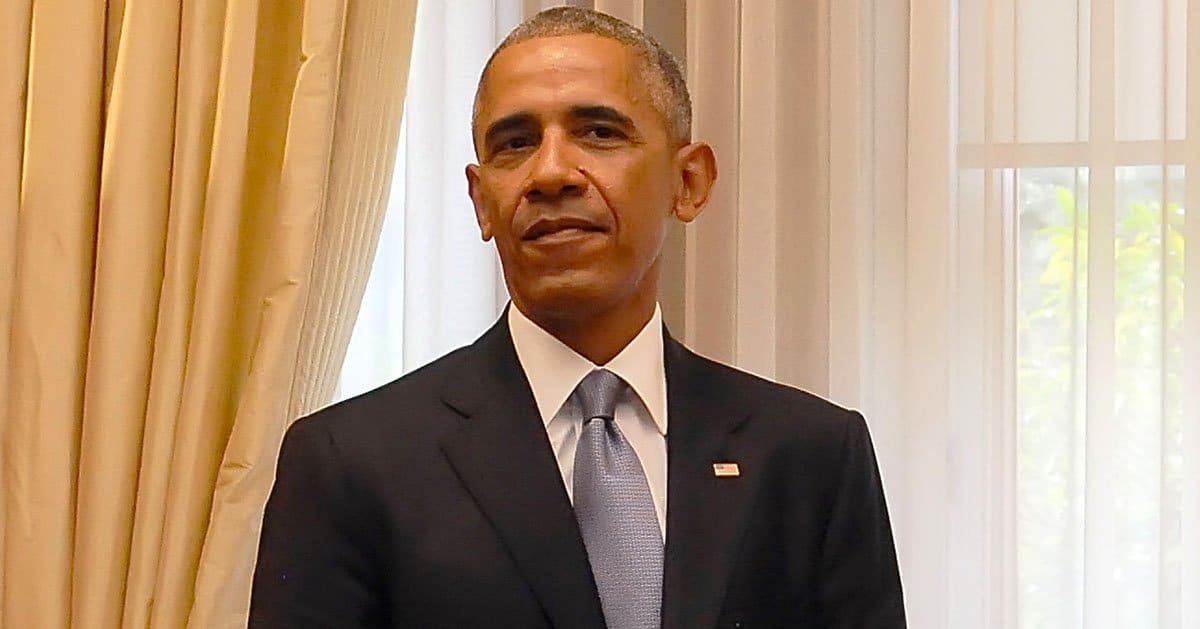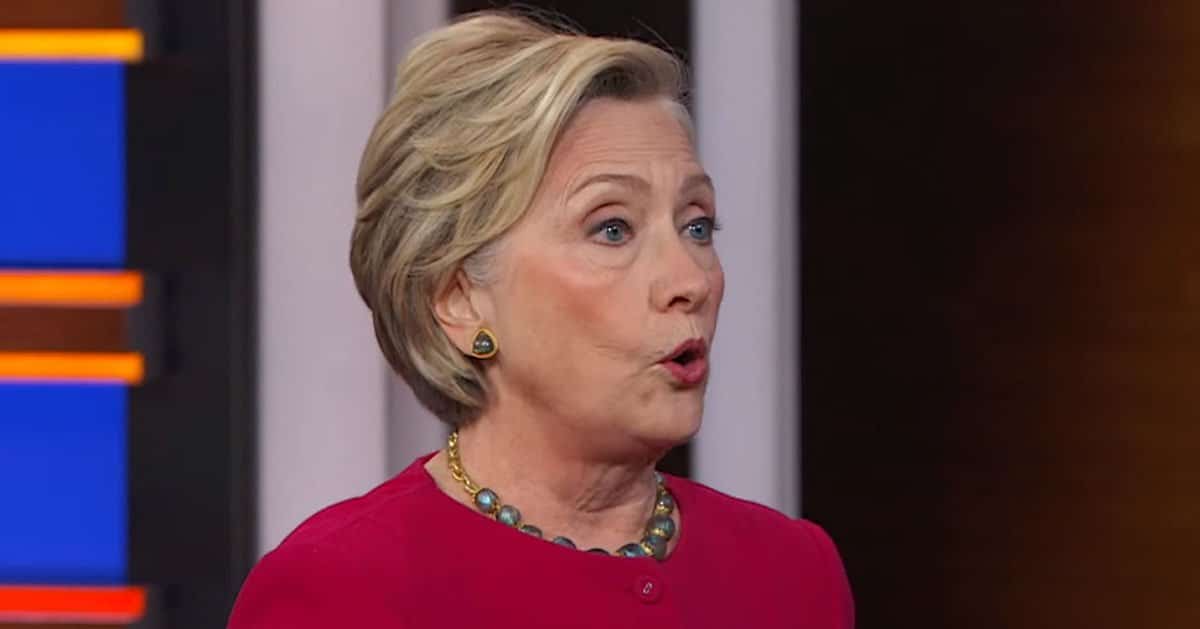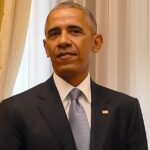







Recent claims suggesting President Joe Biden has the authority to suspend the 2024 presidential election are unfounded, constitutional experts assert.
AFP USA reported that false statements on social media have sparked confusion over the presidential power to alter election schedules, which legal authorities have thoroughly debunked. A viral post from April 26 wrongly stated that an executive order signed by President Biden would allow him to postpone presidential elections in the event of a pandemic.
The executive order in question, numbered 14122, was signed on April 12, 2024, and pertained solely to the administrative reshuffling within pandemic response teams. It did not touch upon election laws or dates.
The order actually ended the role of the Covid-19 coordinator, integrating these responsibilities into the Office of Pandemic Preparedness Response, aiming to streamline federal pandemic handling.
Moreover, this order rescinded previous pandemic safety measures like mask mandates but made no amendments to the laws governing the timing of federal elections.
The U.S. Constitution explicitly assigns the power to determine the timing of presidential elections to Congress, not the president. This has been a fundamental principle since the founding of the republic.
This constitutional role was echoed by Michael Morley, a law professor at Florida State University, who stated in a May 3 email that, "The Constitution allows Congress, not the president, to set the date of presidential elections."
Professor Morley further clarified that while states may adjust voting procedures in extraordinary circumstances, these changes would be governed by state law or court decisions, not presidential decrees.
The spreading of these falsehoods seems particularly potent in the current political climate, where misinformation can quickly take root. This phenomenon is not new and can be traced back to previous election cycles.
In 2020, similar claims circulated when then-President Donald Trump suggested that the elections might be postponed due to the COVID-19 pandemic. These suggestions were also widely debunked at the time.
The Congressional Research Service had previously examined the executive branch's powers in 2004 amid concerns over potential terrorist attacks and concluded unequivocally that the executive branch could not alter election times.
As misinformation spreads, experts stress the importance of public understanding regarding the constitutional safeguards that protect the integrity of the electoral process.
The election, scheduled for November 5, 2024, is set to see a contest between Joe Biden and Donald Trump, amid concerns that disputes over election results could arise once again.
These legal protections ensure that despite the claims of some social media posts, the presidential election will proceed as planned unless Congress lawfully changes the date.
Historically, the robustness of U.S. democratic institutions has been tested through various crises, yet the scheduled timing of elections has remained consistent, bolstered by constitutional mandates.
Experts like Michael Morley have been pivotal in educating the public about the realities of election law, helping to dispel myths that may undermine trust in the electoral process.
Quotes like the one from the misleading Facebook post, suggesting a "tyrant" could suspend elections, underscore the need for vigilance against baseless claims.
In conclusion, the facts show that the President of the United States does not have the authority to suspend or postpone presidential elections. Such power rests solely with Congress, as stated in the U.S. Constitution.
This understanding is crucial for maintaining public trust in the electoral process and ensuring that misinformation does not cloud the democratic procedures that govern election timing.
The continued vigilance of legal experts and educational efforts by the media play a vital role in combating misinformation and reinforcing the foundations of American democracy.



